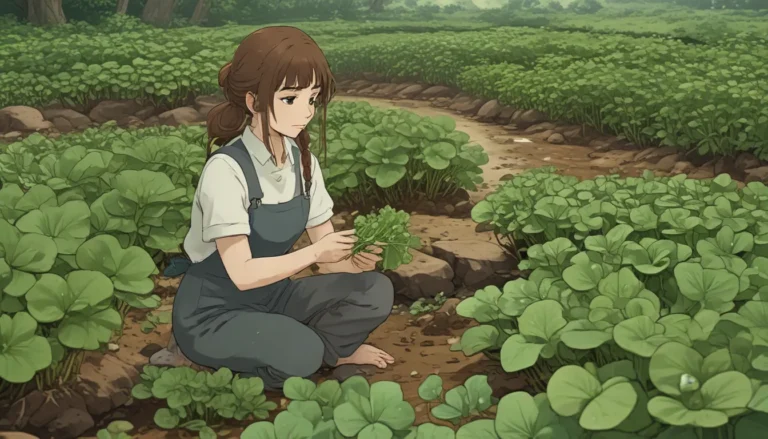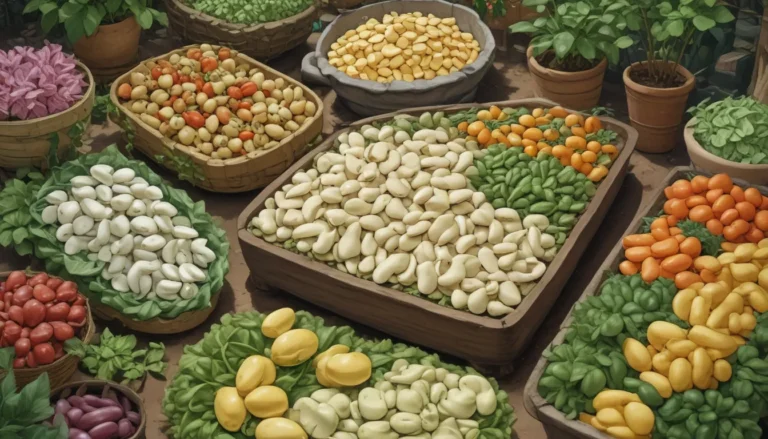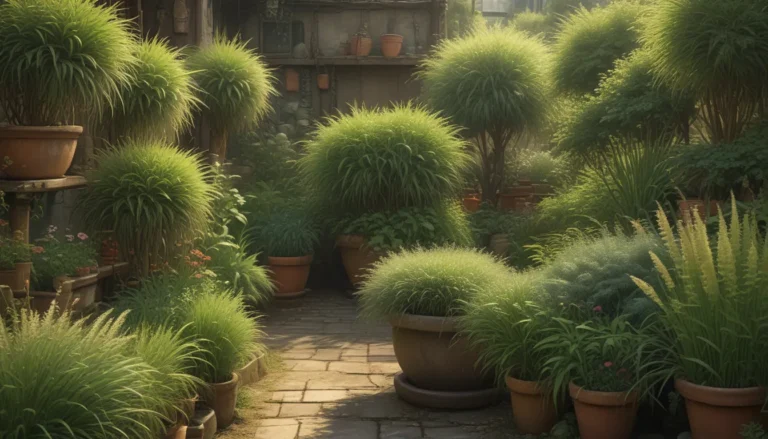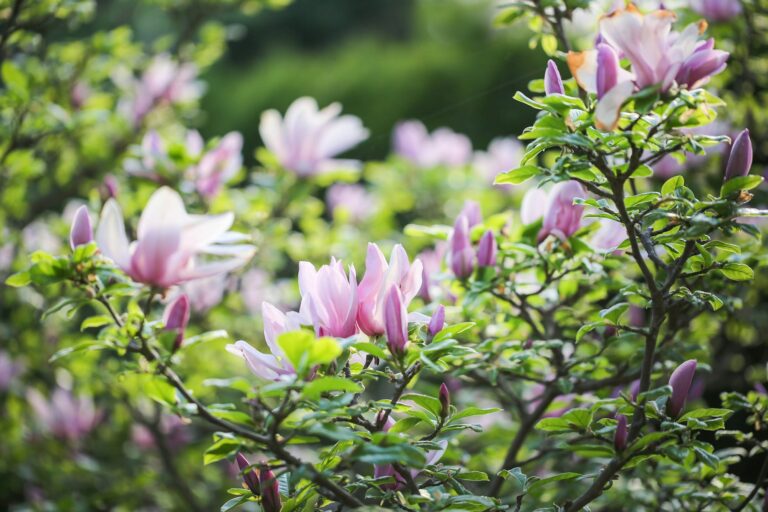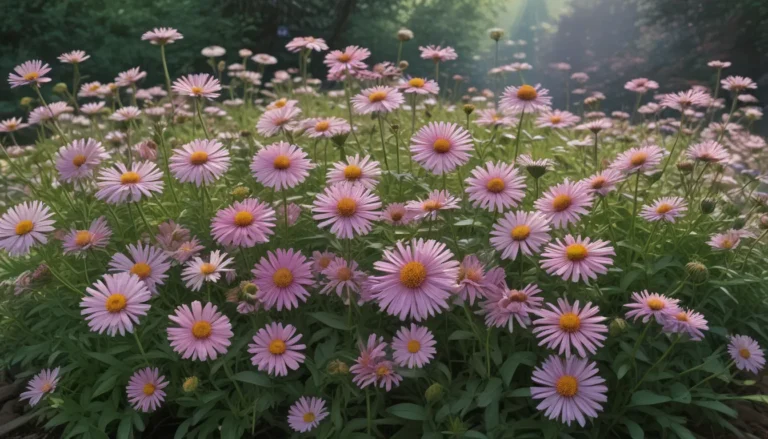Mastering the Art of Garden Watering: A Comprehensive Guide to Rain Gauges
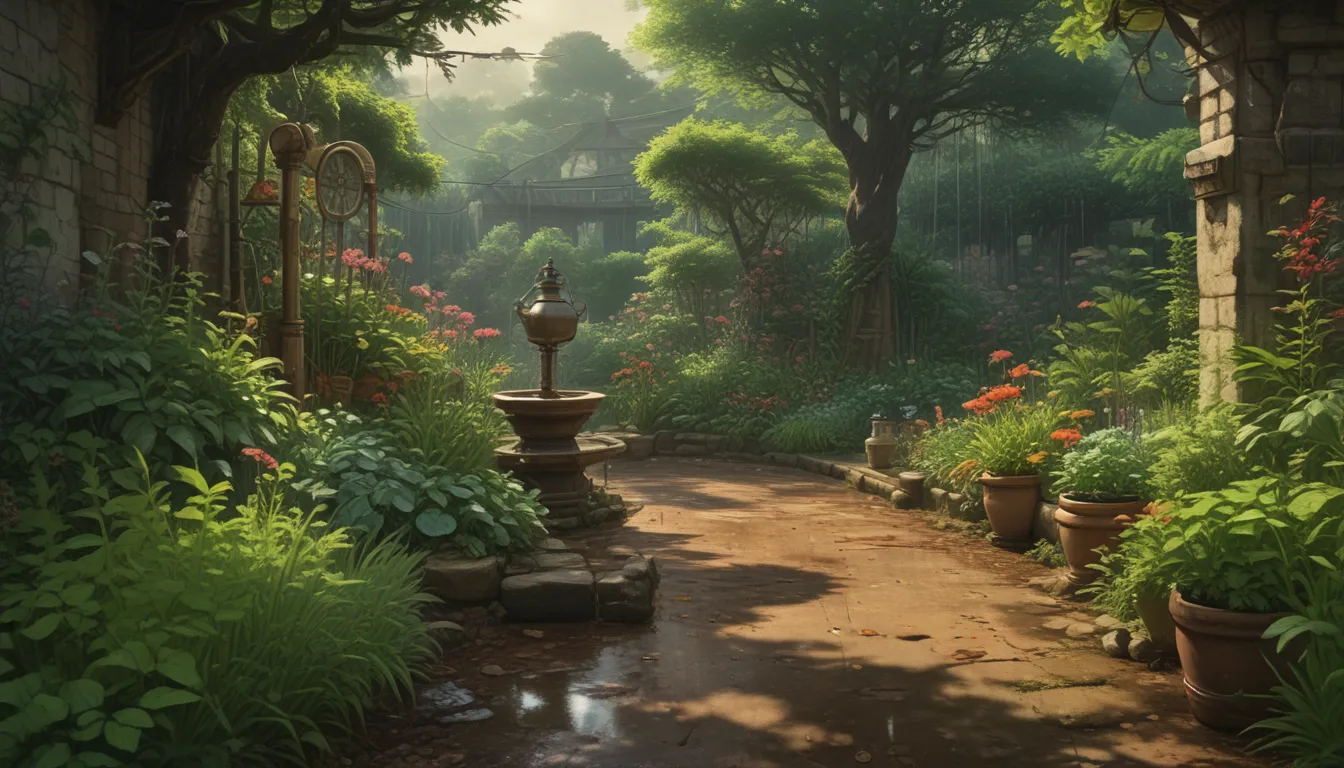
If you’re like me, keeping track of how much water your garden is getting can be a bit of a guessing game. But fear not, fellow gardeners! With the help of a trusty rain gauge, you can take the uncertainty out of watering and ensure your plants are getting just the right amount of hydration they need to thrive.
The Rain Gauge: Your Garden’s Best Friend
So, what exactly is a rain gauge, and why is it so important for your garden? Simply put, a rain gauge is a tool used to measure precipitation, primarily rain. It comes in various types, but for most home gardeners, a standard gauge will do just fine.
The basic rain gauge is a graduated cylinder that collects rainfall. It’s marked with measurements, usually in inches. Once the rain stops, all you have to do is read the cylinder like a measuring cup – easy peasy!
Other, more advanced models like the tipping bucket, weighing gauge, and optical gauge offer additional features such as measuring precipitation rate, mass, and optical irregularities. But for the average gardener, a standard rain gauge will suffice.
How to Make the Most of Your Rain Gauge
Using a rain gauge is a straightforward process, but there are a few tips to keep in mind to ensure accurate readings:
- Place your rain gauge in an open area away from overhead plants to prevent interference.
- Check and empty your rain gauge after each rainfall.
- Consider decorative options to add a touch of whimsy to your garden, like a decorative frog rain gauge.
By following these simple steps, you’ll be well-equipped to monitor precipitation levels and adjust your watering schedule accordingly.
Measuring Sprinkler Output for Precision Watering
If you rely on sprinklers to water your garden, it’s essential to know how much water they’re delivering. Setting up your rain gauge in the path of your sprinkler system can help you determine how long it takes to provide an inch of water.
By conducting a few tests and calculating the average results, you’ll gain valuable insight into your sprinkler’s flow rate. This information will allow you to set a timer for your sprinkler system, eliminating the need for constant manual monitoring.
Keep in mind that sprinklers may result in more runoff and evaporation compared to other irrigation methods, so adjusting your watering schedule accordingly is key to preventing water waste.
Supplemental Watering: Finding the Right Balance
While a general rule of thumb is to provide 1 inch of water per week to most plants, there are exceptions based on factors such as rainfall intensity, soil type, and plant species. Keeping an eye on your soil’s moisture level is crucial to determine when supplemental watering is necessary.
For annuals and edibles, frequent monitoring is required, especially during dry spells or high-temperature periods. Understanding your plants’ water needs and adapting your watering practices accordingly will contribute to their overall health and vitality.
Consider mulching your garden with organic matter to retain soil moisture and reduce the frequency of hand watering. Additionally, watering in the morning and avoiding wet foliage in the evening can help minimize plant stress and disease development.
Take the Guesswork Out of Watering with a Rain Gauge
Incorporating a rain gauge into your garden routine is a game-changer when it comes to watering effectively. By coupling it with regular soil checks and adjusting your watering schedule based on the collected data, you’ll have a clearer picture of your garden’s hydration needs.
Say goodbye to overwatering and hello to healthier, happier plants! Make the most of your gardening experience by harnessing the power of a simple yet invaluable tool – the rain gauge.
Have you tried using a rain gauge in your garden? How has it helped you improve your watering practices? Share your insights and favorite rain gauge models in the comments below!
For more gardening tips and tricks, explore our collection of guides:
- How to Enhance Soil Quality in Your Garden
- Unlocking the Secrets of Seed Catalogs for Efficient Garden Planning
- Planning and Planting Your First Vegetable Garden
Remember, a well-watered garden is a happy garden! Stay tuned for more expert advice and inspiration to elevate your gardening game. Happy watering!

